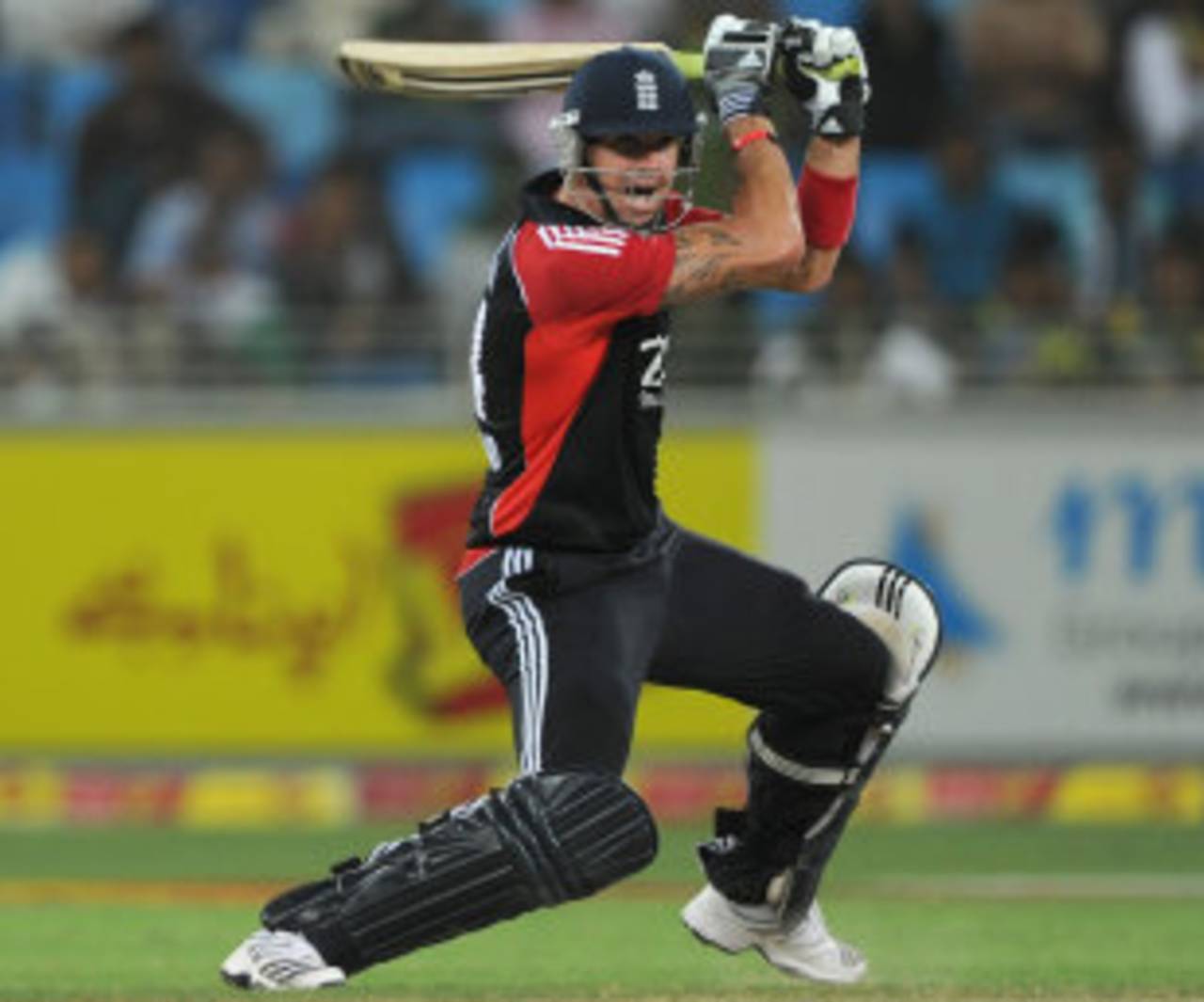Players are professionals, not patriots
Kevin Pietersen's retirement from international ODI and Twenty20 cricket and the influence of the IPL on modern cricket
Samir Chopra
Feb 25, 2013, 11:31 PM

Kevin Pietersen's decision should be treated with the same tolerance that is displayed when it comes to professionals in other fields • Getty Images
Kevin Pietersen's decision to retire from international ODI and Twenty20 cricket has sparked ample comment, some of which has included perceptive analysis of ECB player policy and the influence of the IPL on modern cricket. The coverage has also, unfortunately, employed some depressingly familiar language - 'mercenaries' and 'hired gun' for instance - and proved yet again, that getting sports fans and writers to consider players as true professionals is a pretty difficult task. Whether patriotism is the last refuge of the scoundrel may yet be a topic for serious dispute, but what seems incontrovertible is that appeals to nation; national pride and national duty can still push buttons like nothing else can.
If Pietersen has decided that the best way to make a living, spend sufficient time with this family, gain recognition for sporting posterity, display professional excellence, and enjoy playing cricket (that is, work) is to concentrate on Test cricket and Twenty20 league cricket, the last criticism he should be subjected to is that he has somehow let down his 'nation'.
Rather, his decision should be treated with the same tolerance that most of us are used to displaying when it comes to professionals in other fields, who change employers, ask for salary raises and changes in working hours, and sometimes even immigrate to other countries, sometimes leaving behind family and friends. Sometimes these professionals take salary cuts to spend more time with their family. There are a whole host of actions that reasonably-minded human beings can take in order to increase their professional worth and personal happiness; by and large, we are used to indulging these, as we recognise the decisional autonomy of the worker.
But somehow this tolerance breaks down when it comes to sportsmen who 'represent their nation'. We accuse them of carpetbagging, of selfishness, of prioritising their personal interests above all else, and a host of other sins. Somehow, we treat national cricket boards as employers that can make demands over and above the ones other employers are able to, most notably by dumping guilt-trips on players for not being 'loyal to the nation'.
It is worth remembering that 'national' boards are wage-payers and workplace-providers like other employers; they should not get a free pass in our evaluation of their terms of employment just because someone 'represents the country' as their employee. For too long, 'national' boards have exploited this association with the 'nation' to get away with abusive labour practices. It is high time fans and journalists stopped aiding and abetting them by using a language inflicted with contempt to describe the choices that professional sportspersons make on a daily basis.
Much of the angst very visibly on display in most IPL-centred debates could be avoided if those participating in them could alter their perceptions of cricketers just a little: the players are not flag-clad patriots, but professionals with passports.
Samir Chopra lives in Brooklyn and teaches Philosophy at the City University of New York. He tweets here